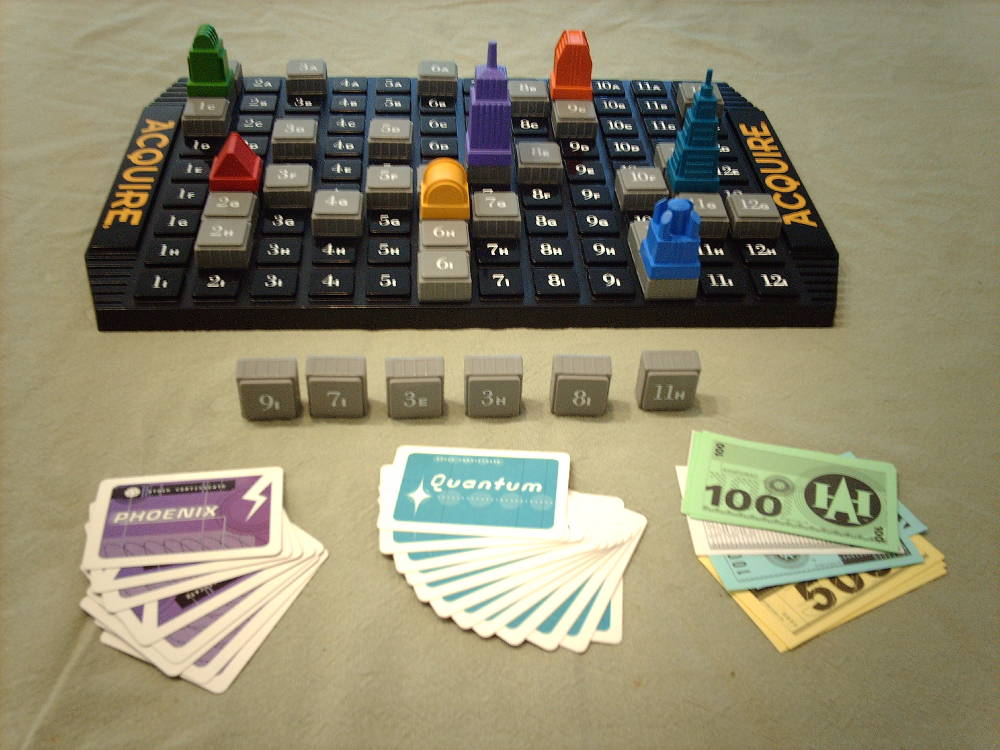
With its recent deal, Flipkart now has not just a bigger war chest in place, but also a new set of allies that give it the heft to challenge Amazon once again. Make no mistake: it has significant implications for the future of the Indian e-commerce market








